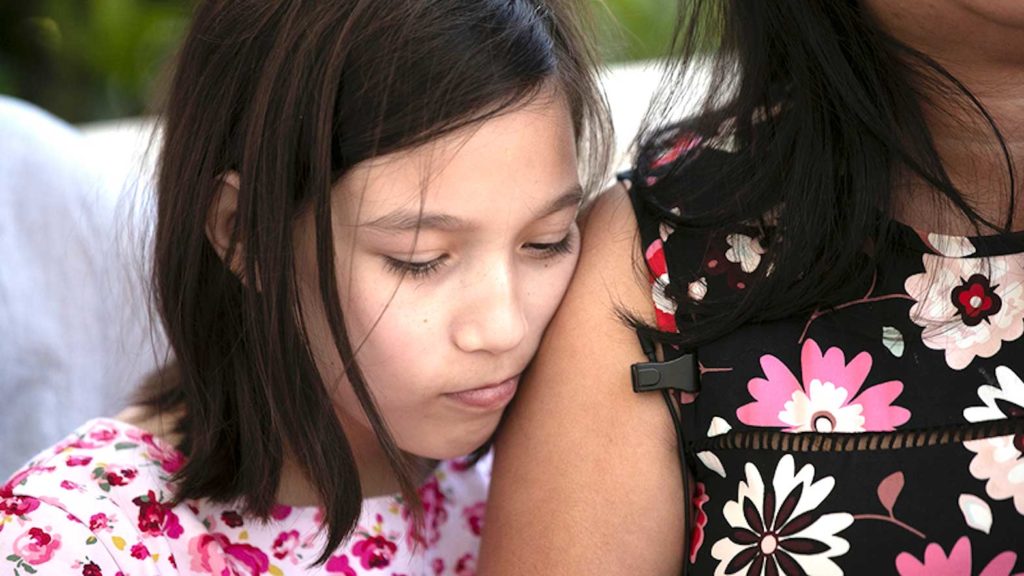Tips to protect kids during a Covid -19 outbreak

AP FILE PHOTO
Based on available evidence, children do not appear to be at higher risk for COVID-19 than adults. While some children and infants have been sick with Covid-19, adults make up most of the known cases to date.
Watch your child for any signs of Covid -19 illness
Covid -19 can look different in different people. For many people, being sick with Covid -19 would be a little bit like having the flu. People can get a fever, cough, or have a hard time taking deep breaths. Most people who have gotten Covid -19 have not gotten very sick. Only a small group of people who get it have had more serious problems.
CDC and partners are investigating cases of multisystem inflammatory syndrome in children (MIS-C) associated with Covid 19. Learn more about Covid -19 and multisystem inflammatory syndrome in children (MIS-C).
Take steps to protect children and others
Help stop the spread of Covid -19 by doing the same things everyone should do to stay healthy. Teach your children to do the same.
- Clean hands oftenusing soap and water or alcohol-based hand sanitizer.
- Avoid people who are sick(coughing and sneezing).
- Put distance between your children and other people outside of your home. Keep children at least 6 feet from other people.
- Children 2 years and older should wear a cloth face coveringover their nose and mouth when in public settings where it’s difficult to practice social distancing. This is an additional public health measure people should take to reduce the spread of COVID-19 in addition to (not instead of) the other everyday preventive actions listed above.
- Clean and disinfect high-touch surfaces daily in household common areas (like tables, hard-backed chairs, doorknobs, light switches, remotes, handles, desks, toilets, and sinks).
- Launder items including washable plush toys as needed. Follow the manufacturer’s instructions. If possible, launder items using the warmest appropriate water setting and dry items completely. Dirty laundry from an ill person can be washed with other people’s items.
You can find additional information on preventing Covid -19 at How to Protect Yourself and at Preventing Covid -19 Spread in Communities. Additional information on how COVID-19 is spread is available at How Covid -19 Spreads.
Limit time with other children
If children meet in groups, it can put everyone at risk. Children can pass this virus onto others who have an increased risk of severe illness from COVID-19.
Practice social distancing
The key to slowing the spread of Covid -19 is to limit contact as much as possible. While school is out, children should not have in-person playdates with children from other households. If children are playing outside their own homes, it is essential that they remain 6 feet from anyone who is not in their own household.
To help children maintain social connections while social distancing, help your children have supervised phone calls or video chats with their friends.
Clean hands often
Make sure children practice everyday preventive behaviors, such as washing their hands often with soap and water for at least 20 seconds. This is especially important if you have been in a public place.
Change travel plans
Revise travel plans if they included non-essential travel.
Limit time with people at highest risk of severe illness from Covid -19
- If others in your home have an increased risk for severe illness from Covid -19, consider extra precautions to separate your child from those people.
- If you are unable to stay home with your child while school is out, carefully consider who might be best positioned to provide child care. If someone at higher risk for Covid -19 will be providing care (older adult, such as a grandparent or someone with a chronic medical condition), limit your children’s contact with other people.
- Consider postponing visits or trips to see older family members and grandparents. Connect virtually or by writing letters and sending via mail.

